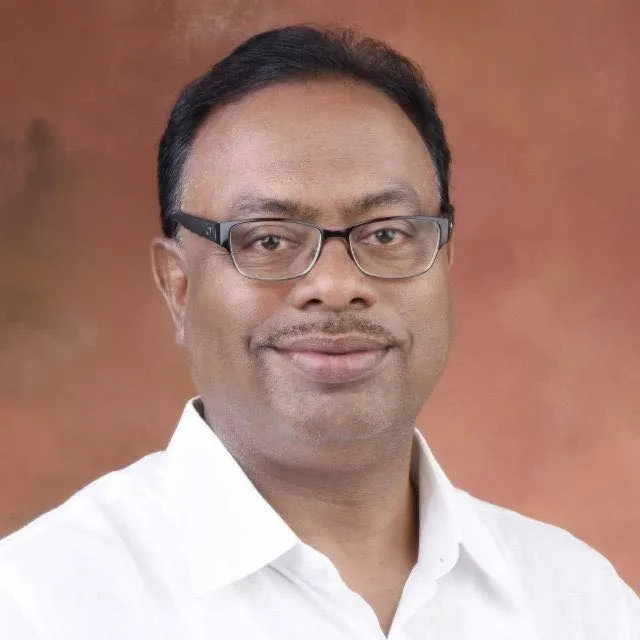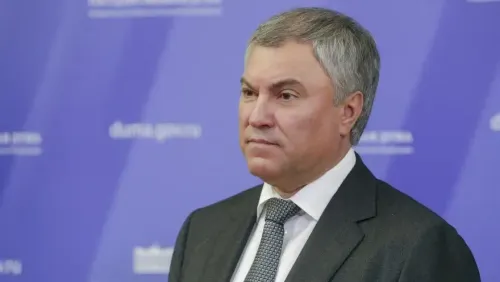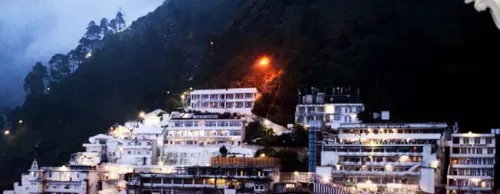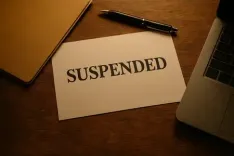Will the MahaYuti government succeed in passing the Bill to combat the urban naxal threat during the Monsoon Session?

Synopsis
Key Takeaways
- Maharashtra Revenue Minister emphasizes the need for effective legislation against urban naxalism.
- The bill includes harsh penalties for unlawful organizations.
- Current laws are deemed inadequate in addressing the naxalism challenge.
- Opposition voices raise concerns about civil liberties and misuse of power.
- The bill could impact the dynamics of dissent and public order in Maharashtra.
Mumbai, May 21 (NationPress) Maharashtra Revenue Minister Chandrashekhar Bawankule announced that the state government aims to pass the Maharashtra Special Public Security Bill, 2024 during the upcoming Monsoon Session of the state legislature, which begins on June 30.
Bawankule, who leads the joint select committee made up of both ruling and opposition members, stated that the committee convened for its fifth meeting today, with the next one scheduled for June 5.
“Four other states have enacted similar laws, and we are hopeful for the passage of the Maharashtra Special Public Security Bill, 2024 in the forthcoming monsoon session. The bill aims to address the urban naxal threat and enhance the prevention of certain unlawful activities conducted by individuals and organizations,” Bawankule expressed.
This statement arises amidst strong opposition from various political parties and organizations against the Maharashtra Special Public Security Bill, 2024, which was introduced by Chief Minister Devendra Fadnavis in the state assembly on December 18 last year and later referred to the joint select committee for review. CM Fadnavis clarified that the bill is not intended to suppress legitimate dissent but to dismantle the strongholds of urban naxals.
The proposed legislation includes provisions for imprisonment and financial penalties for unlawful organizations, as well as the authority to seize properties and forfeit funds. It is modeled after the Public Security Act implemented in Chhattisgarh, Telangana, Andhra Pradesh, and Odisha to effectively counter unlawful activities linked to Naxal-affiliated organizations.
The government asserts that the new legislation is crucial to managing the illegal activities of these organizations through robust legal measures, as current laws are insufficient to combat the naxalism threat. “The confiscated materials from naxals indicate the presence of ‘safe houses’ and ‘urban dens’ of the Maoist network within Maharashtra cities. The operations of naxal groups or similar entities through their united front are causing unrest among the public to promote their ideology of armed rebellion against constitutional mandates, thereby disrupting public order,” the bill states.
According to government officials, the legislation is vital for regulating the unlawful activities of these organizations through effective legal methods, as existing laws fall short in addressing the naxalism challenge.
“The seized documents from naxals highlight ‘safe houses’ and ‘urban dens’ of the Maoist network in Maharashtra cities. The actions of naxal organizations or similar groups, through their collective fronts, are instigating unrest among the public to propagate their armed rebellion ideology against constitutional principles, jeopardizing public order,” the bill articulates.
Supriya Sule, NCP-SP MP, recently criticized the state government, asserting that the bill to combat urban naxal activities infringes on citizens' fundamental rights. She argued that this legislation would curtail the rights of the populace to voice dissent against the government. A truly healthy democracy, she emphasized, respects differing opinions. The essence of democracy also values opposition voices, as they ensure accountability from those in power and uphold public sentiment. She called on the government to reassess the bill draft to protect constitutional values.
Sule stated, “The proposed 'Prevention of Certain Unlawful Activities by Individuals And Organizations and For Matters Connected Therewith or Incidental Thereto' appears to grant excessive powers to government entities. This effectively licenses the government to impose a Police Raj, which could be misused against individuals, institutions, or organizations that express constructive opposition in a democratic framework. This bill undermines the very essence of 'We, the People of India.'
“By endowing the administration with unchecked authority, there is a risk of individuals facing harassment out of sheer malice. Criticism of government policies and decisions, peaceful protests, or organizing demonstrations could all be classified as illegal activities. This bill neglects the principles of ideological diversity and directly violates citizens' constitutional rights.”
“Moreover, the bill empowers the government to interfere in certain judicial processes, posing a direct threat to judicial independence. Some provisions encroach upon fundamental constitutional rights, including freedom of expression, freedom of association, and the right to a fair trial. Historically, the British attempted to implement a similar law (The Rowlatt Act) to suppress dissent during colonial rule. This bill represents a direct denial of the core tenets of the Indian Constitution, and we strongly denounce it. We urge the government to reevaluate this bill draft to ensure that constitutional values are upheld,” Sule concluded.










